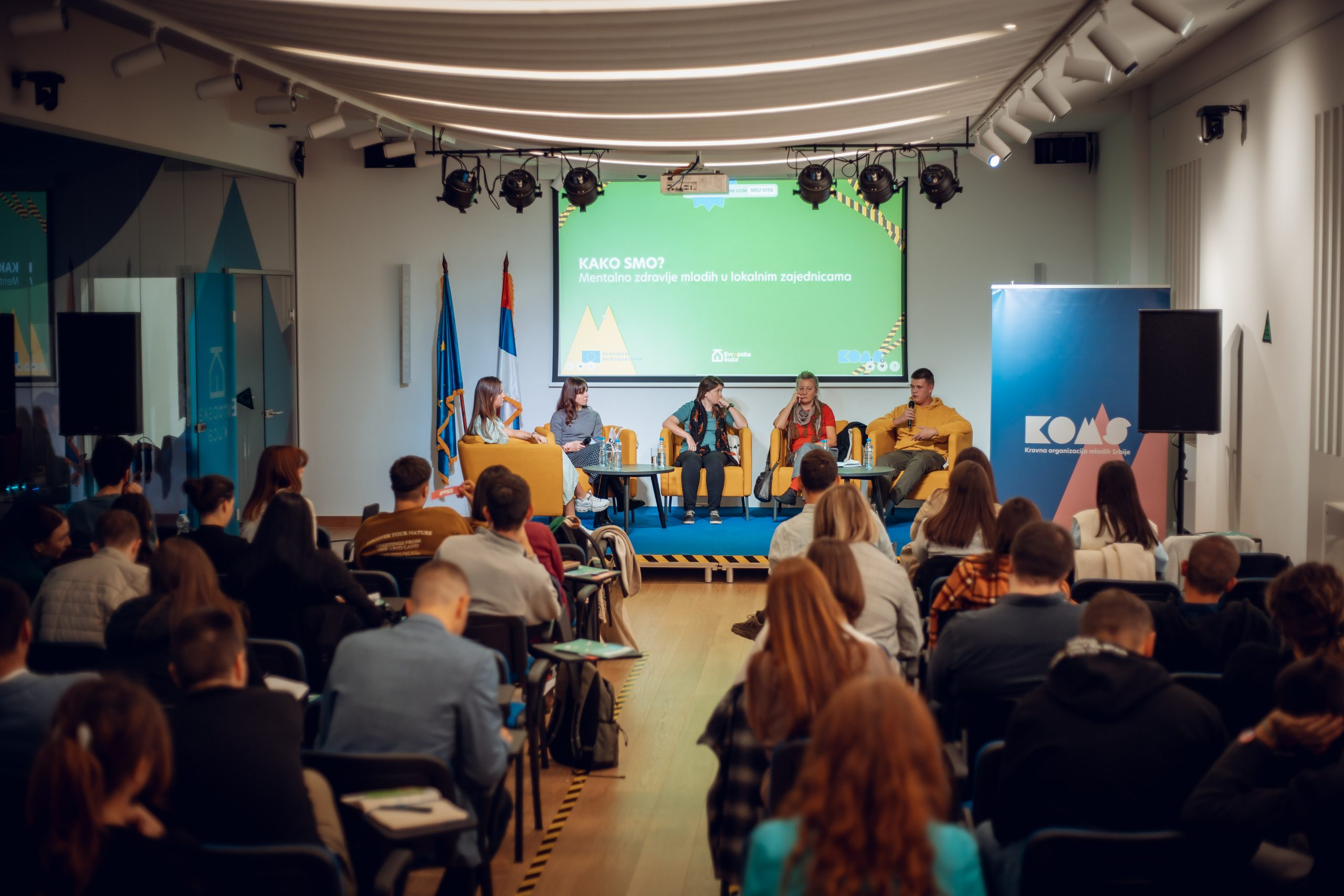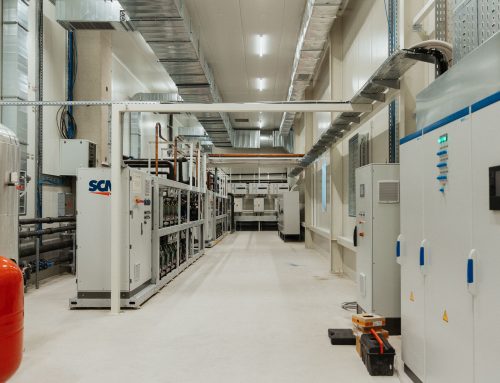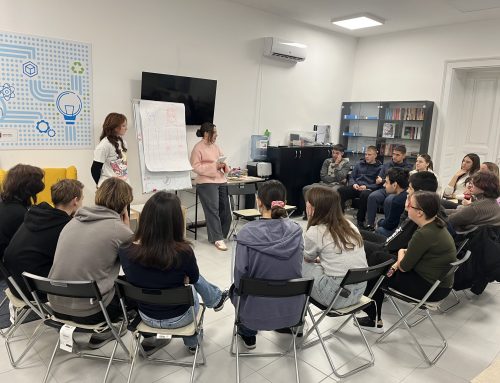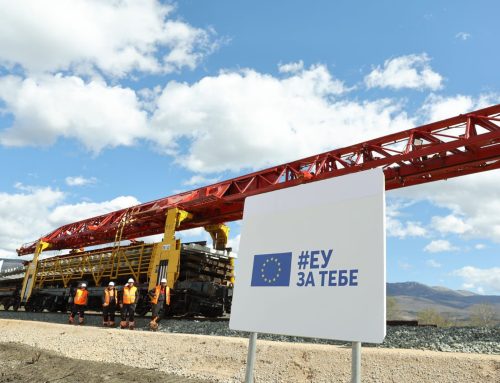How can young people shape their communities, create safe spaces and improve mental health? It was precisely these issues that were discussed at the “Safety Zone” conference, which brought together young leaders, representatives of institutions and local authorities at the European House in Belgrade. The goal was not just to talk – but to jointly plan concrete steps to build a place where young people can develop freely, create and feel safe and secure. During the entire event, participants exchanges experiences on existing initiatives and discussed the improvement of spaces for young people and the content that is offered to them. The creative part of the conference included the Pocket Problems Exhibition, which gave an innovative perspective of how young people see the mental health challenges they face every day.
Plamena Halacheva, Deputy Ambassador of the European Union to Serbia, opened the conference and emphasized the importance of European support for youth initiatives.
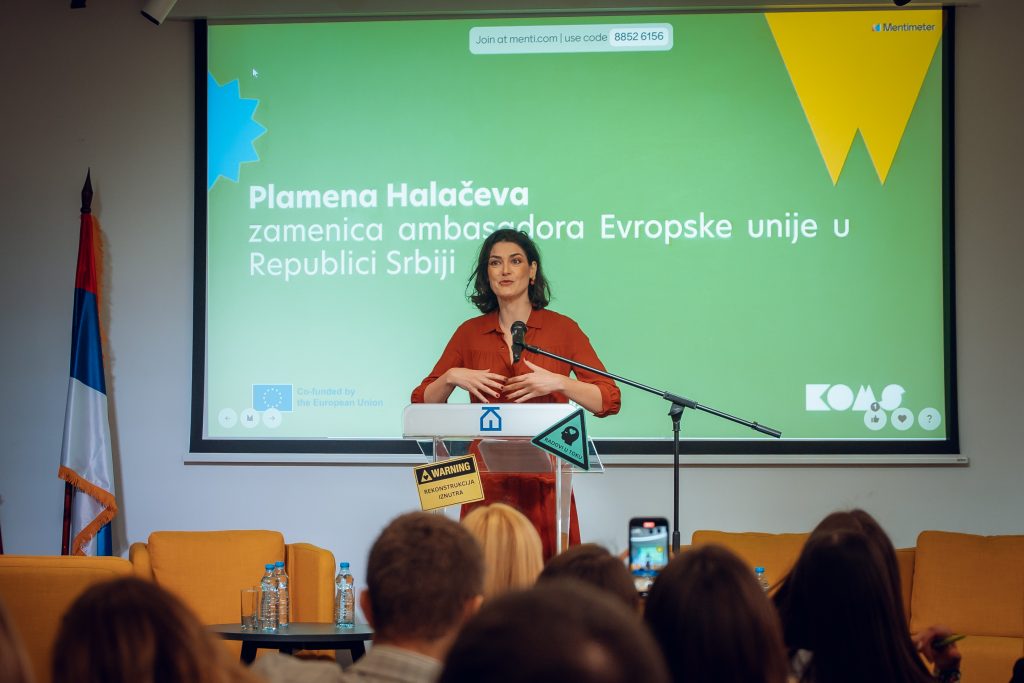
“Serbia is the first country outside the EU to establish and EU dialogue mechanism with young people, and this project shows that it is already bringing results at the local level. Advocating for new services for young people requires maturity, responsibility and collaboration between young people and institutions to develop policies that truly reflect their needs. Today you prove that change is possible when you fight for yourself with confidence and persistence. The European Union proudly supports such initiatives through Erasmus+ and other programmes, encouraging a bottom-up approach that engages, empowers and connects. The European Commission is committed to ensuring that young people’s voices are heard and that youth issues are integrated into all relevant policies. In this spirit, the President of the European Commission, Ursula von der Leyen, is establishing a Youth Council to advise her on issues important to young people and has called on all Commissioners to organize dialogues with young people in the first 100 days of their mandate.”
In dynamic conversations through panel discussions, participants shared their experiences, challenges and solutions, discovering how to jointly contribute to a better everyday life of young people in local communities. They considered how willing local communities are to provide support and what it means to truly be “well” in today’s mental health context.
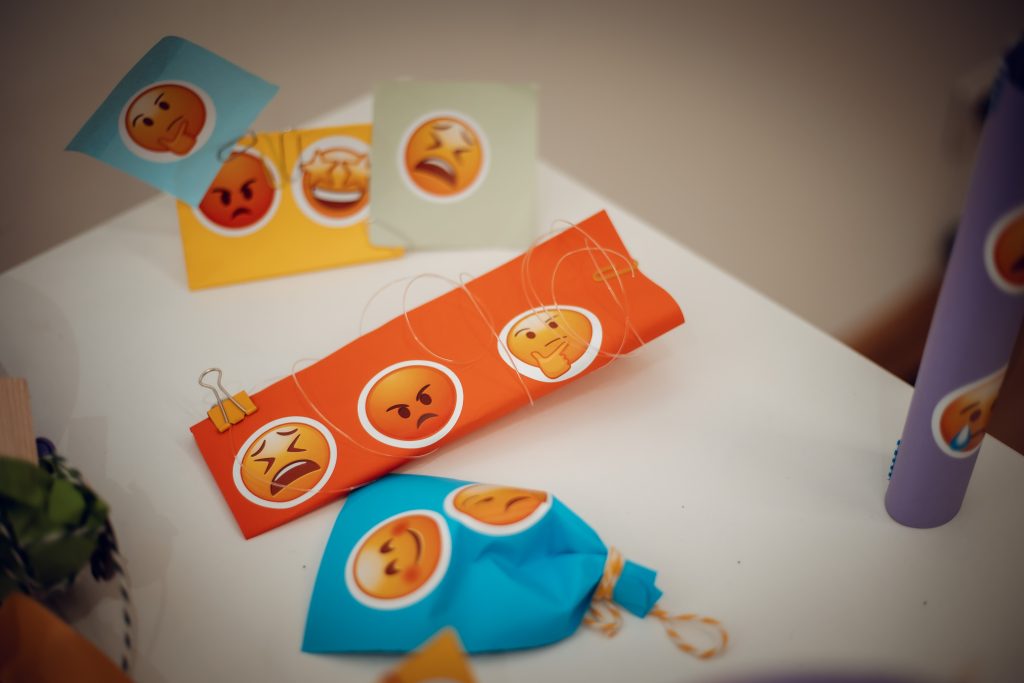
The discussions emphasized that the cooperation of all actors – from institutions to the young people themselves – is necessary in order to ensure continuous support and care. An important part of the conversation was about spaces for young people, with special reference to the contents they offer. The participants presented to those present the opportunities that young people have – or do not have – in existing centres throughout Serbia, encouraging dialogue about how these spaces should not only be physical locations. Instead, it was emphasized that they must become dynamic gathering points, where young people can develop, learn and connect with the community.
The discussions showed that safety and well-being for young people does not only come from institutional support, but from communities that are ready to listen, respond and create spaces where every young person feels included and valued.
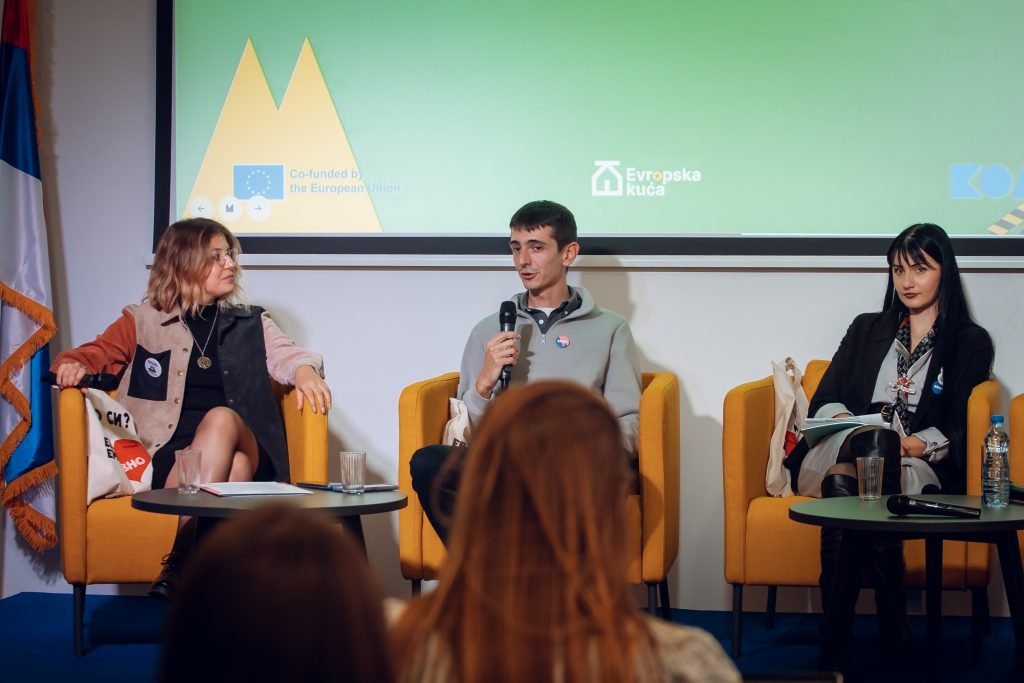
The conference was concluded by Milica Borjanić, Secretary of the National Youth Council of Serbia (KOMS), who emphasized that the key to change lies precisely in young people, their energy and willingness to take the initiative.
“Safety Zone” showed how important it is for young people to feel safe, not only physically, but also through support for their mental health and create spaces where they can feel free to grow and develop their potential. With the support of the European Union and local communities, the next steps include continuing the dialogue, strengthening existing initiatives and opening new spaces for young people.

